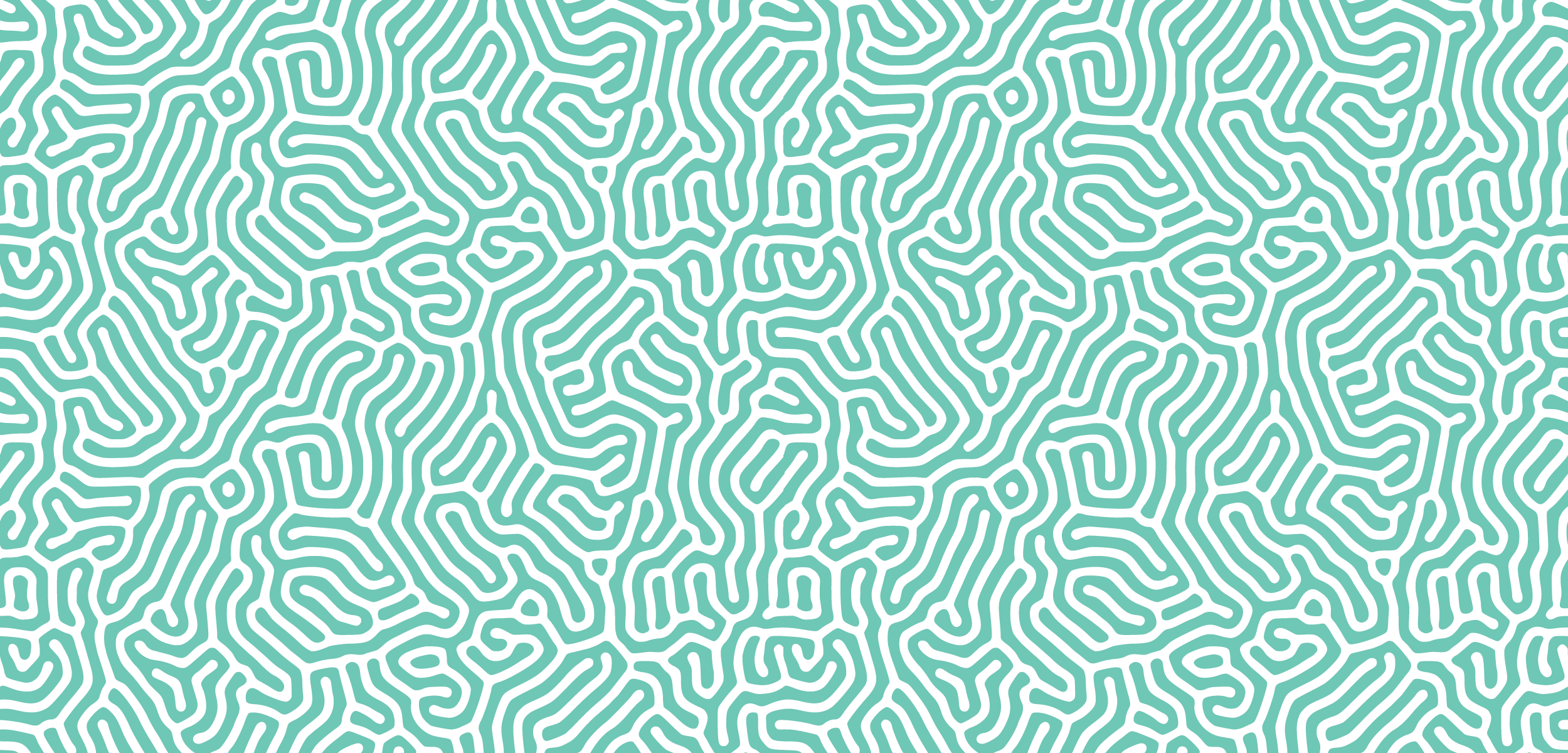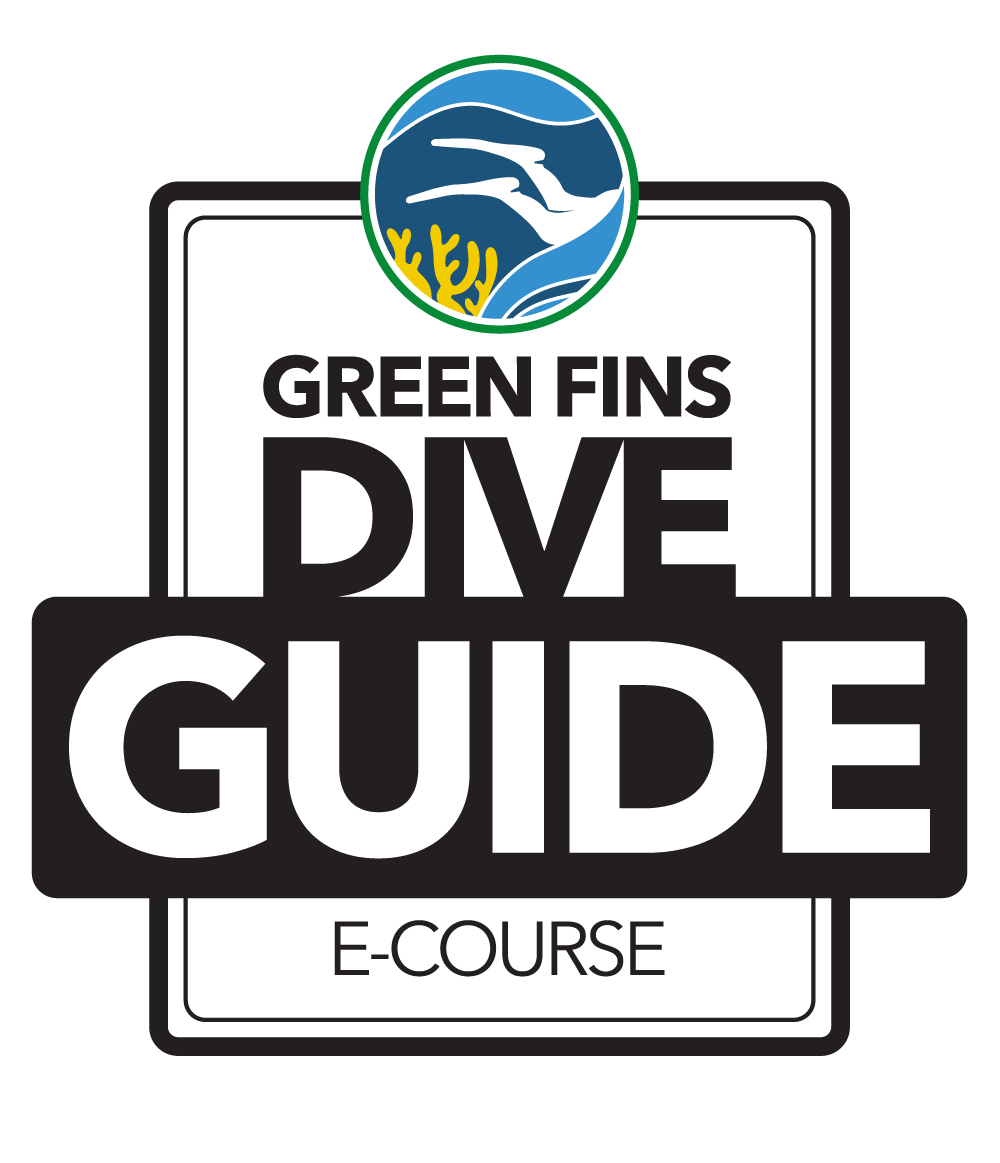Education is at the heart of our work.
We work directly with local communities, government officials and tourism professionals to equip them with the tools and inspiration to act. Together, we're building a global movement to ensure coral reefs thrive for generations to come.

Capacity Building
We build in-country expertise of government, NGOs and the private sector to manage the environmental impacts from marine tourism and create strategies to ensure a thriving and sustainable tourism industry for generations to come.
Environmental Consultation
We offer bespoke consultation to governments that are aiming to manage their tourism-related environmental impacts. From long-term strategic support, training for resource managers, communications and marketing, we have evolved a holistic suite of approaches to drive long-term change.
Training Programmes
Green Fins Assessor Training Programme
The 6-day Green Fins Assessor Training Programme equips individuals with the skills and knowledge to evaluate the environmental impact of dive and snorkel operators. These trained assessors then play a crucial role in supporting marine tourism businesses to adopt sustainable practices.
Green Fins Train the Trainer Programme
The 8-day Green Fins Train the Trainer Programme graduates assessor trainers who can then lead training within their own countries, empowering them to have ownership and independence of the Green Fins initiative.
“The assessor course taught me a lot about how to encourage change, as well as how to act myself. I think this can be applied not just to the diving businesses, but also community groups that rely on the marine environment.”
— Mas Be, Indonesia Ministry of Marine Affairs and Fisheries

Awareness Raising
Our awareness-raising activities aim to drive sustainable environmental behaviours within the marine tourism industry and empower environmental champions worldwide. We use a combination of design and behaviour change principles to educate and inspire marine tourism staff and tourists on actions they can take to protect coral reefs.
Sustainable Marine Tourism Educational Materials
We harness the power of graphic design to communicate complex environmental messages in an accessible and friendly way. We have developed a suite of 35 materials to support sustainable marine tourism practices that guide dive operators, staff and tourists on how to minimise their environmental impact.
To date, we have translated these materials into 18 languages, enabling the marine tourism industry to reach a global tourist audience with messages of sustainable behaviours. All these posters, guidelines and infographics are available for free on the Green Fins Action Centre. The materials are downloaded around 300,000 times per year.
Sustainable Marine Tourism Workshops
Delivered by the global network of Green Fins Assessors, dive and snorkel operators receive annual in-person workshops, engaging their leadership and staff in environmental training. The content of these workshops is tailored to meet local industry needs, from marine biology and conservation issues to exploring the highest local environmental threats and their solutions.
Whether it be gathered around a laptop in an equipment room or in a dive shop’s training centre, these workshops are designed to empower any staff member — be they a guide, a receptionist or a boat captain to take daily action to reduce environmental impacts.

Online courses
We excel in translating complicated scientific concepts into understandable and actionable information. With our online courses, we are able to provide this service to people the world over. To date, we have reached over 4,000 individuals globally.
Since 2019, we have been providing dive industry professionals with accessible environmental training through the Green Fins Dive Guide e-Course. Students learn about coral reef biology and ecology, and are taken step by step through how and why to follow the Green Fins standards in their daily jobs. The course is free, and a certification of completion can be purchased for $25. We have set up a scholarship fund for individuals in need of support.
Special thanks to Professional Scuba Schools (PSS) for their support in launching this course.
Launched in 2021, we designed the Green Fins Diver e-Course to meet demand from recreational divers for more information on environmental diving practices. It teaches divers how to plan for sustainable dive holidays and how to behave while visiting the reef to prevent them from causing damage, helping to protect coral and other marine life one dive at a time. It costs $25, and there is a scholarship fund available for those in need.

‘Making Waves’ Webinars
Launched in celebration of World Oceans Day 2023, this series delves into topics of interest identified by the Green Fins community. We use these webinars to connect Green Fins Members with Trusted Experts to inform and inspire action to improve sustainable tourism practices and support citizen science initiatives, with future webinars planned.
Past Education Programmes
-
In the Dominican Republic, where coral reefs support countless livelihoods, we launched the "Youth Ambassador Programme" with TUI Care Foundation and Reef Check Dominican Republic. Our goal: to empower a new generation of reef champions.
In the Dominican Republic, where coral reefs support countless livelihoods, we launched the "Youth Ambassador Programme" with TUI Care Foundation and Reef Check Dominican Republic. The programme was continued in 2024 in partnership with Adventure Travel Conservation Fund (ATCF). Our goal: to empower a new generation of reef champions.
By developing a unique marine education curriculum, we reached over 2,400 children and nearly 6,000 community members. We trained 25 teachers in 18 schools, ensuring this vital knowledge continues to spread. This program, completed in 2023, strengthened marine education, secured livelihoods, and fostered a deep respect for the ocean among Dominican youth.
-
We partnered with The Stairway Foundation in the Philippines to bring marine conservation to at-risk youth. The "Sea Adventure School" program took children on immersive boat trips, exploring seagrass meadows, mangroves, and vibrant coral reefs. We developed educational materials, including guides and games, to foster a deeper understanding of these vital ecosystems and empower young people to protect them.
This program, conducted during school holidays, connected students with their local marine environment and highlighted its importance for their community's well-being.
-
We trained volunteers to conduct stakeholder consultations and identify local threats to the marine environment across the Philippines. In tight collaborations with local government units, we developed awareness-raising campaigns and workshops with fishermen, tourism boat operators and students to bring the ocean ecosystems to light and discuss solutions to local threats.
-
The Reef-World Kits brought the “reef neighbourhood” to life using storytelling methods to connect divers and community members with the marine environment. This training kit established a foundation of understanding of the reef, opening doors for participation in reef monitoring training and local conservation projects.
The kits were sold wholesale to dive centres to sell on to their customers, and we connected interested parties with local initiatives that they could support. The information in these kits formed the basis of many of our educational programmes since.
-
Share the Sea (STS), launched in 1999 on Koh Tao island in Thailand, began as a marine education program teaching children about reef conservation through in-water activities, addressing the gap between the island's dive tourism industry and local awareness.
STS expanded geographically and programmatically: to Phi Phi Island and Trang Province through a partnership with Yadfon Association to reach broader community members; and to additional coastal schools through collaboration with the Phuket Marine Biological Center to develop comprehensive reef education curricula.
By 2002, the project evolved further when partnering with Responsible Ecological & Social Tours (REST) in Koh Yao Noi, incorporating English language education that used tropical coastal ecosystems and sustainability as subject matter. This approach solidified in 2003 with a joint initiative involving villagers and independent Thai teachers that extended the program to adults and secondary school students.







